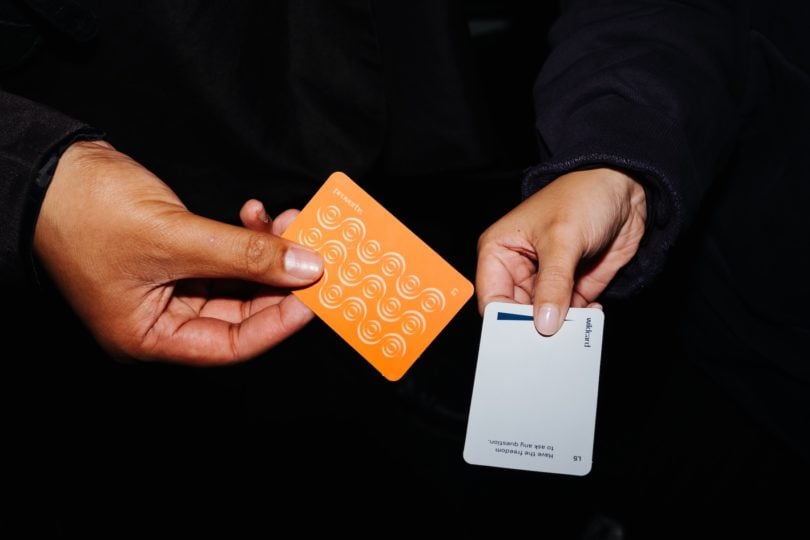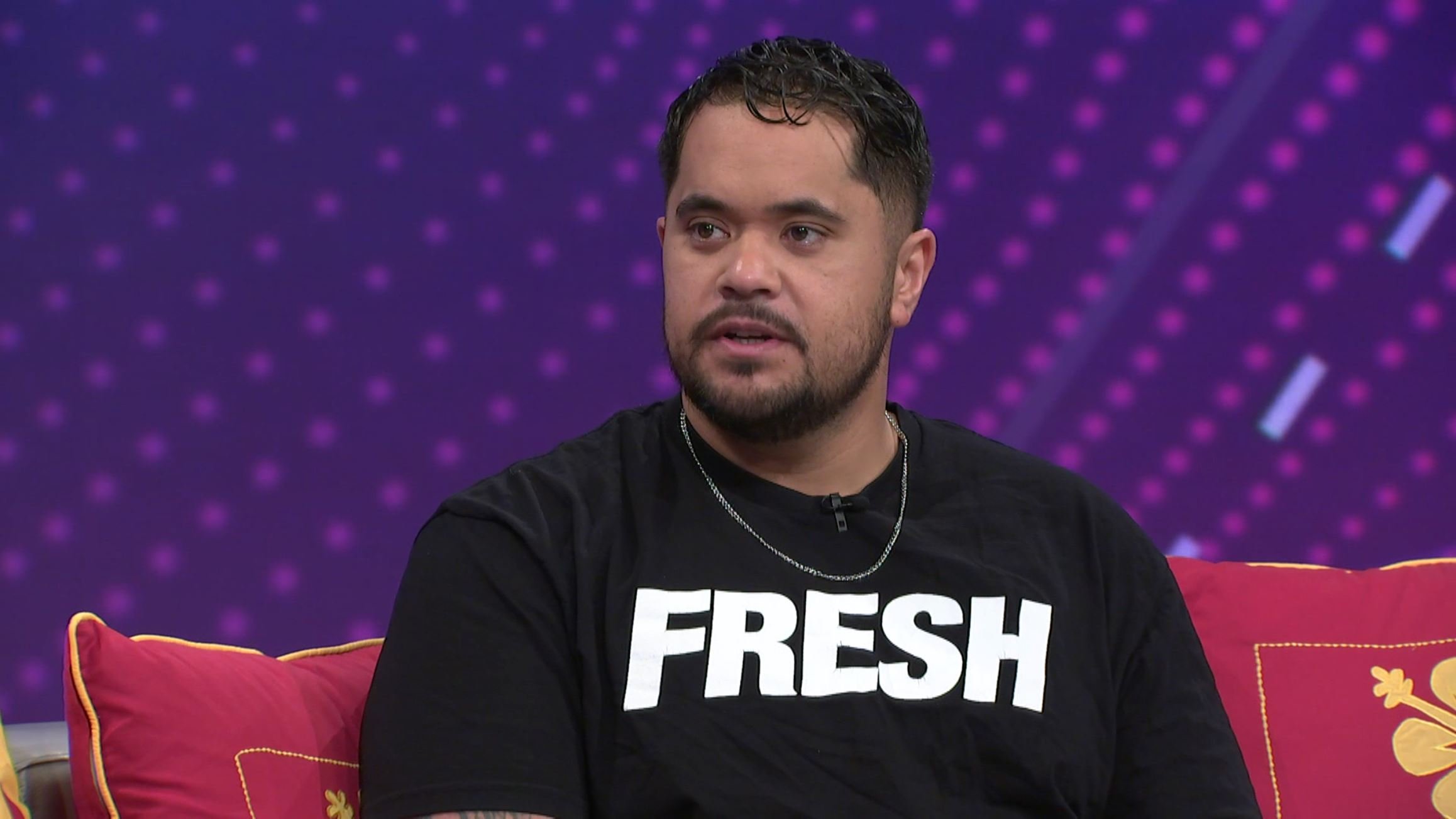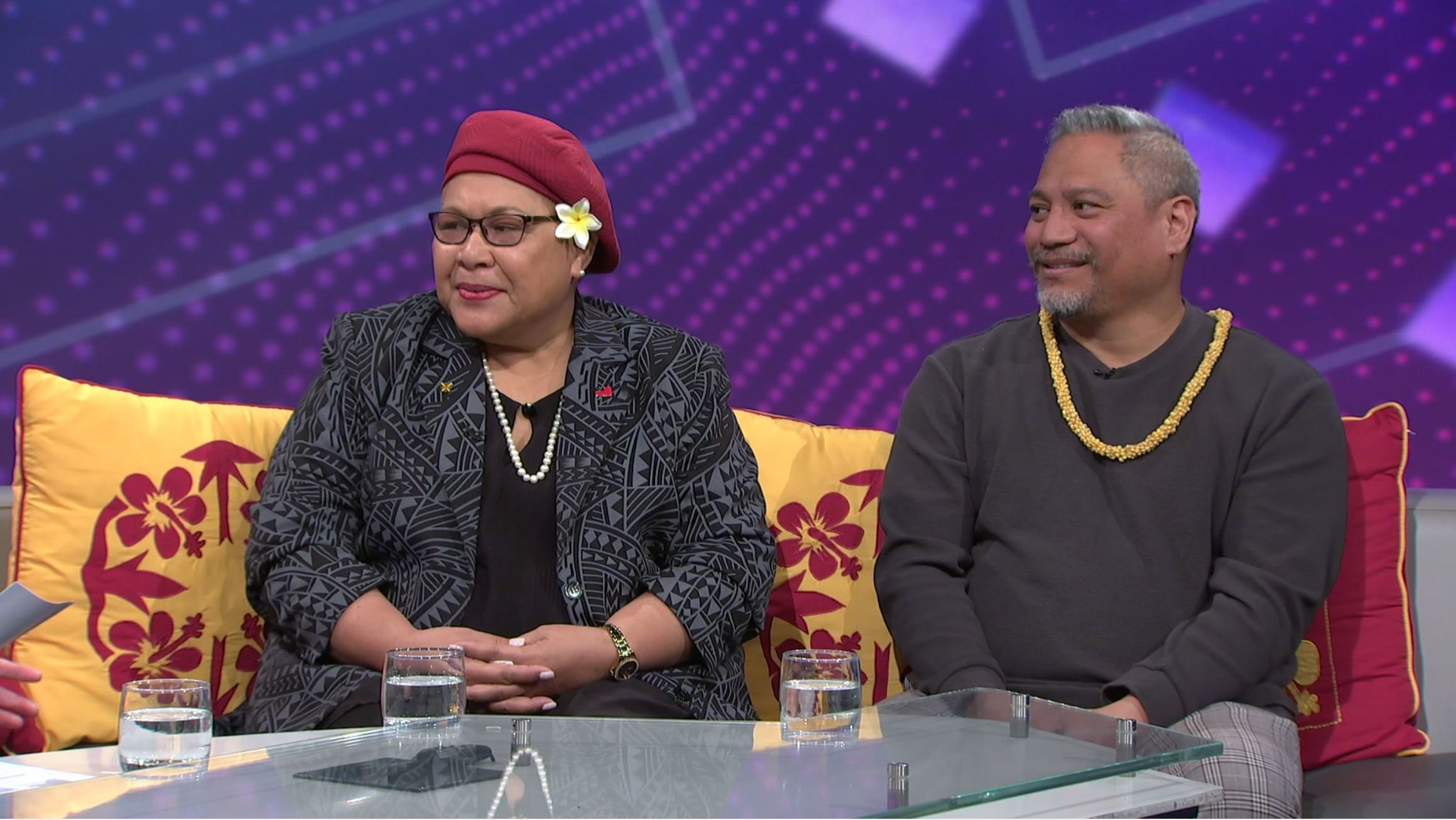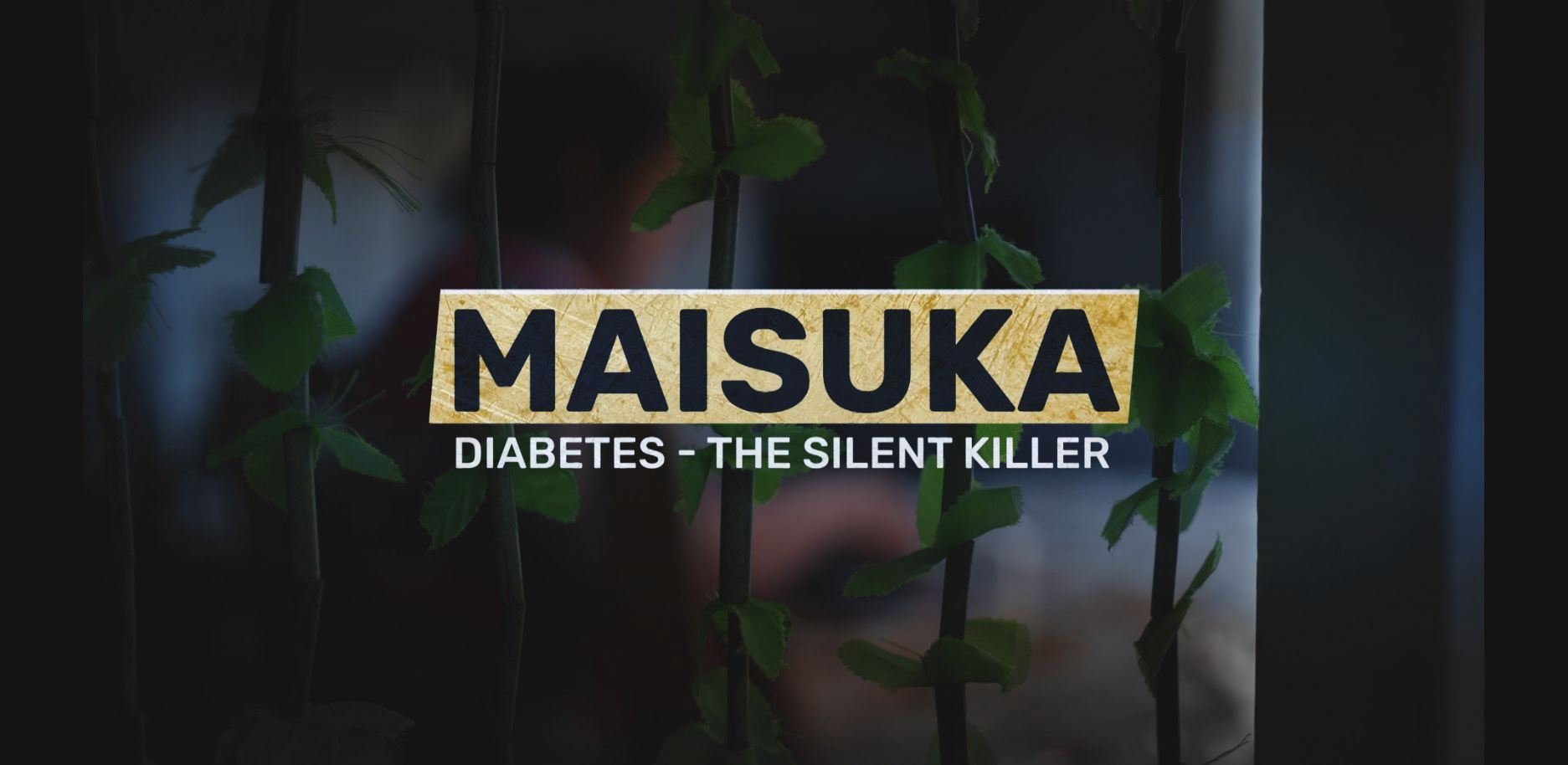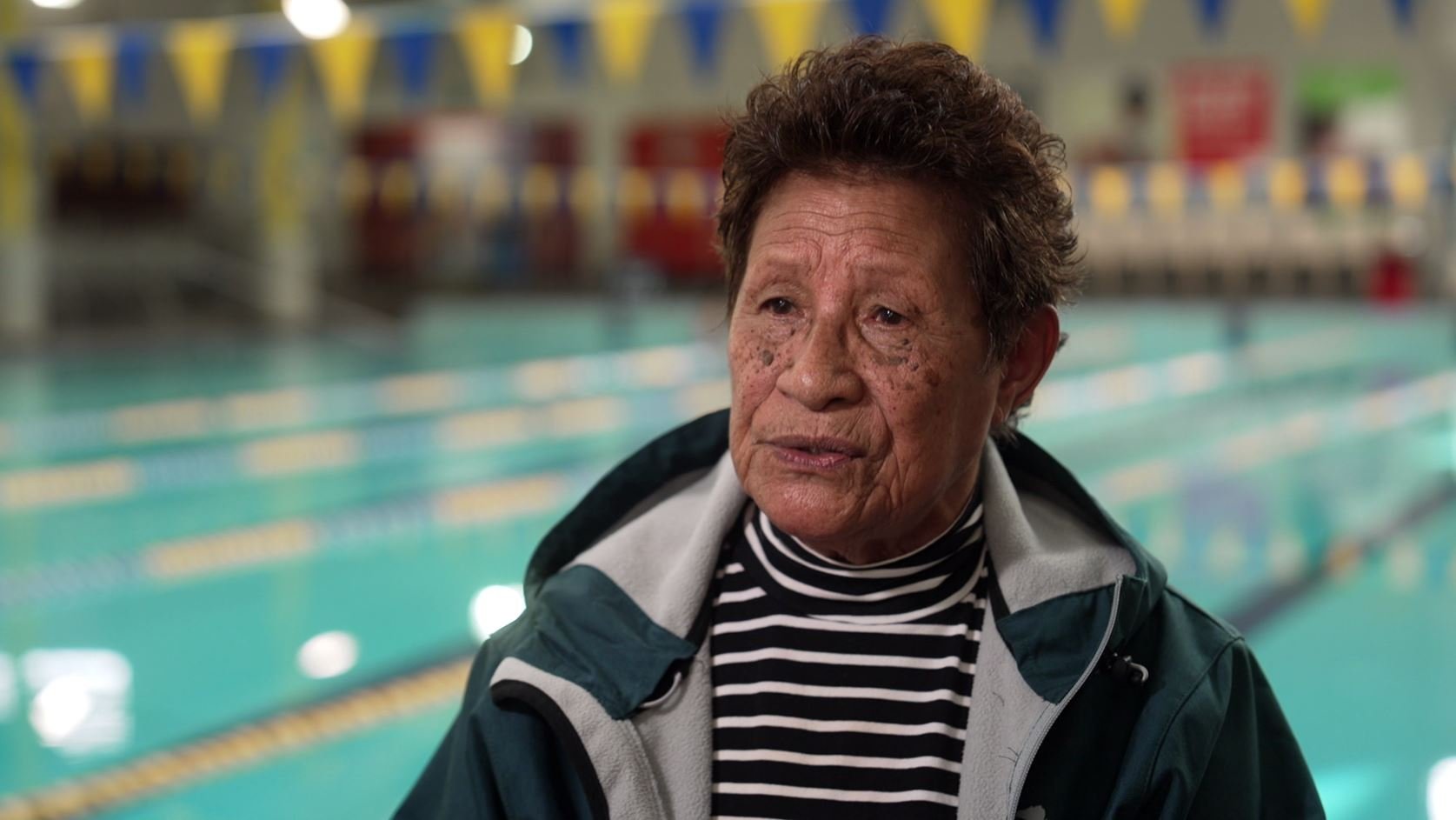Media Release: Commission for Financial Capability
March 31, 2020
KiwiSaver members under financial stress due to the effects of COVID-19 are urged to consider all forms of Government and bank support before resorting to withdrawing money from their retirement savings through hardship applications.
Retirement Commissioner Jane Wrightson said it was understandable that many KiwiSaver members facing financial hardship were turning to their funds as a potential source of short-term income, but there was a range of options they could consider first.
“While your circumstances may qualify for withdrawal under significant financial hardship, taking out money now may severely impact your quality of life in retirement later,” says Wrightson. “There is a lot of other help available you could access before going down that road.”
Her office, the Commission for Financial Capability (CFFC), is urging people to consider the following options:
The Government support package announced in the past week, which includes:
A free government helpline to ask about other help that may be available:
0800 779 997 (8am–1am, 7 days a week)
If you’ve lost your job, can’t work at the moment or your income has been reduced, you may be able to get a benefit or other financial help from Work and Income. Even if you’re still working, if you’re struggling to meet your living costs or had an unexpected bill they might also be able to help. Even if you don’t think you qualify, contact them to talk about their situation.
Find more information about financial support including eligibility criteria on Work and Income
The government-funded website sorted.org.nz has tips, guides and tools to help you work through your money problems. You can also email [email protected] and contact the team through social media.
The MoneyTalks helpline is also government funded and gives you access to expert financial mentors via phone, text, live chat and email: phone 0800 345 123, [email protected], or text 4029. Moneytalks.co.nz
Banks and other financial service providers are willing to work with customers who are struggling financially, by restructuring loans or giving access to short term credit. Borrowers have a legal right to ask for changes to their repayments when they are experiencing unforeseen hardship.
“Avoid making a decision based on fear,” says Wrightson. “Emotional situations tend to lead to poor financial choices, so access the help above before turning to the long term savings and investment that is your KiwiSaver. You will not only crystallise the losses your fund has suffered since the effects of COVID-19 began, but also lose out on future returns.”
For example, a 35-year-old earning $80,000 who has contributed 3% to a KiwiSaver balanced fund since KiwiSaver started 13 years ago could have a fund worth $100,000. If they withdrew $30,000 now, they could have $47,000 less by the time they turn 65.
Members could make their own calculations using Sorted’s KiwiSaver Savings Calculator.
If, however, a KiwiSaver member decided they wanted to proceed with a significant financial hardship application, they would need to contact their provider. They need to provide evidence that they’re suffering significant financial hardship as a result of COVID-19, and there’s a process to go through. Some elements of the process may be simplified, such as the requirement to sign a form in front of an authorised witness (such as a Justice of the Peace or lawyer) to take into account self-isolation and level 4 lockdown requirements.
Liam Mason, the Director of Regulation at the Financial Markets Authority (FMA), said: ”We understand providers are focusing hard on helping their customers through these times of financial uncertainty. We’ve been talking to providers about they can approach KiwiSaver hardship withdrawals. We’ve advised providers and their supervisors to take a sensible and practical approach when they consider these applications. We also want providers to point out there are other forms of assistance available from the government, that people should look to first. Hardship withdrawals from KiwiSaver should always be a last resort, after other options have been exhausted.”
Wrightson also cautioned members to be careful if they were intending to use their KiwiSaver money to give to someone else, especially someone they had never met in person, as they may be the target of a scam or fraud.
For more information about hardship withdrawals:
https://www.kiwisaver.govt.nz/already/get-money/early/hardship/ks-hardship.html












